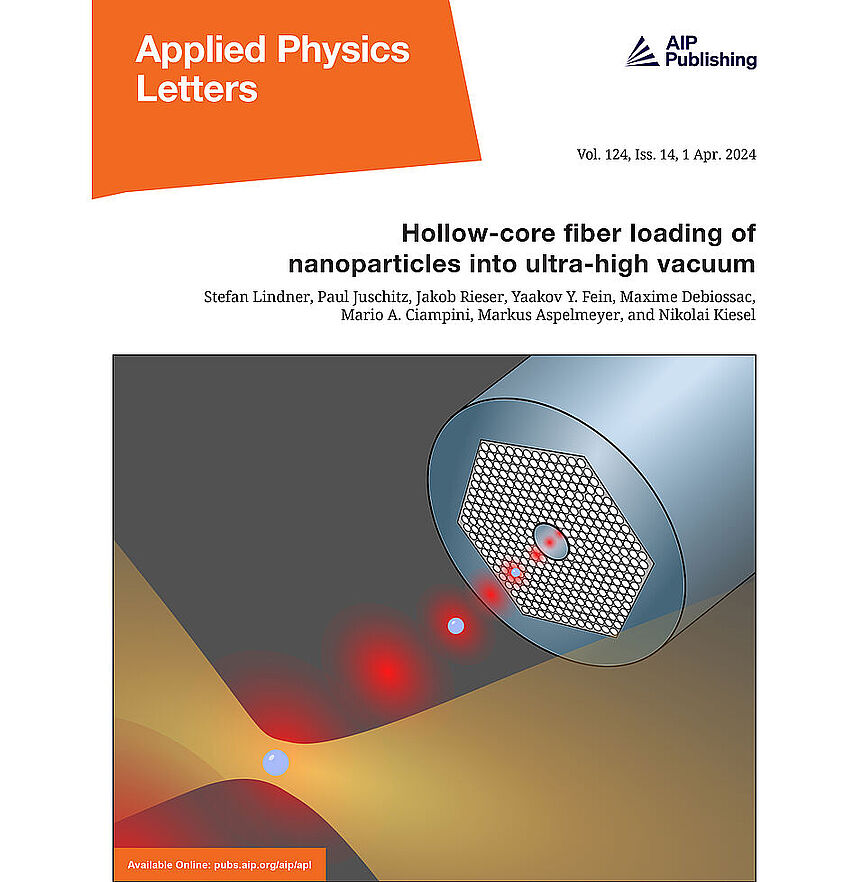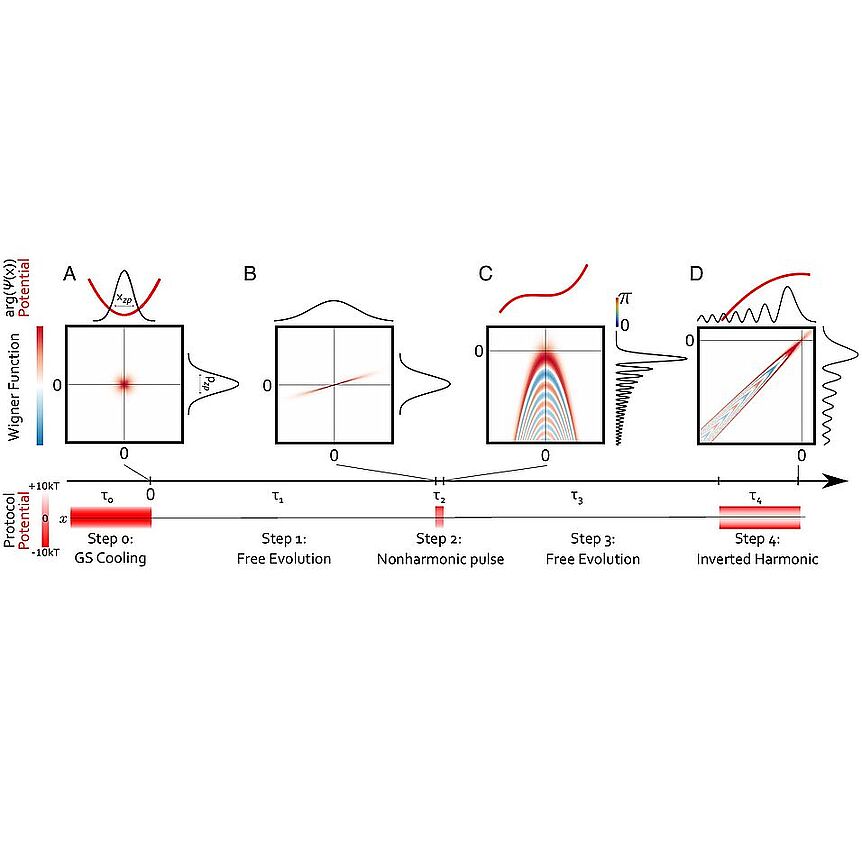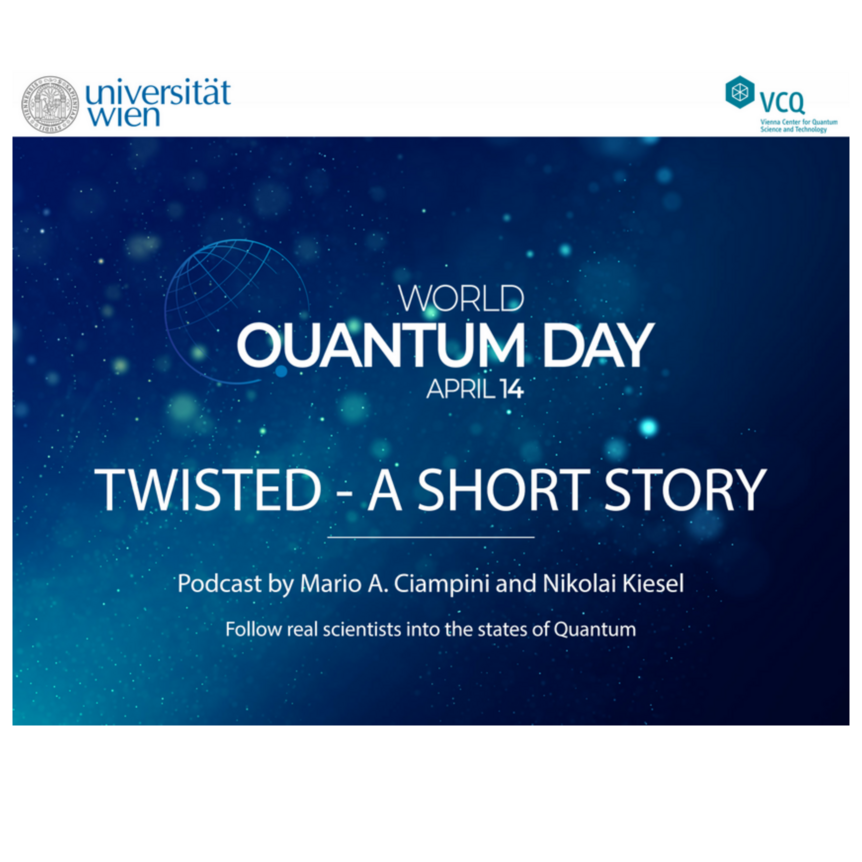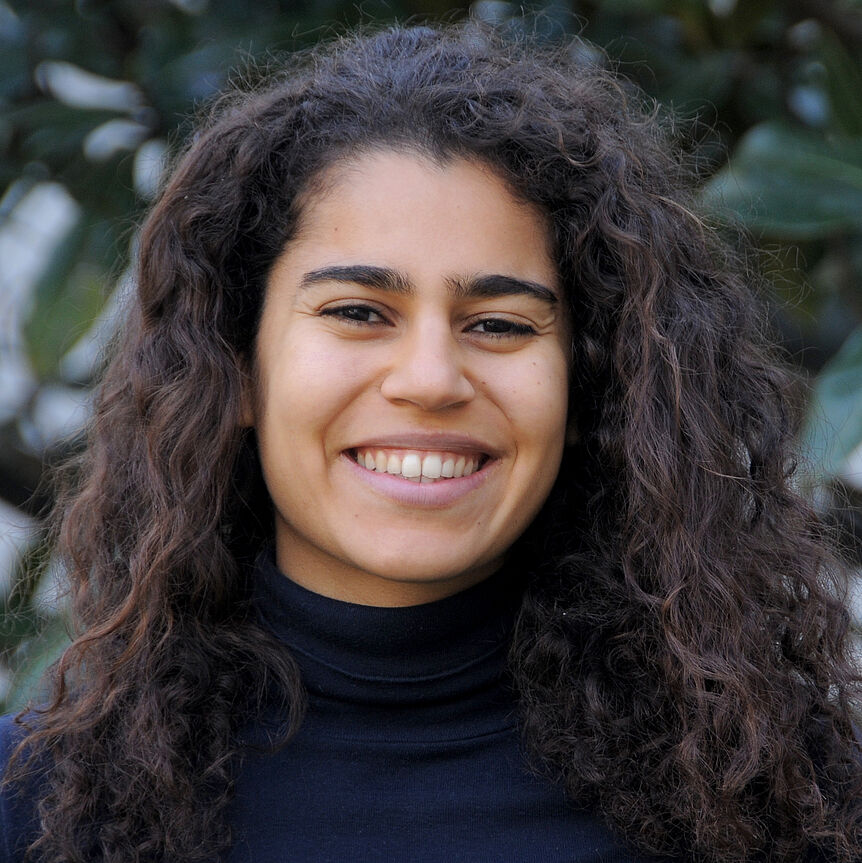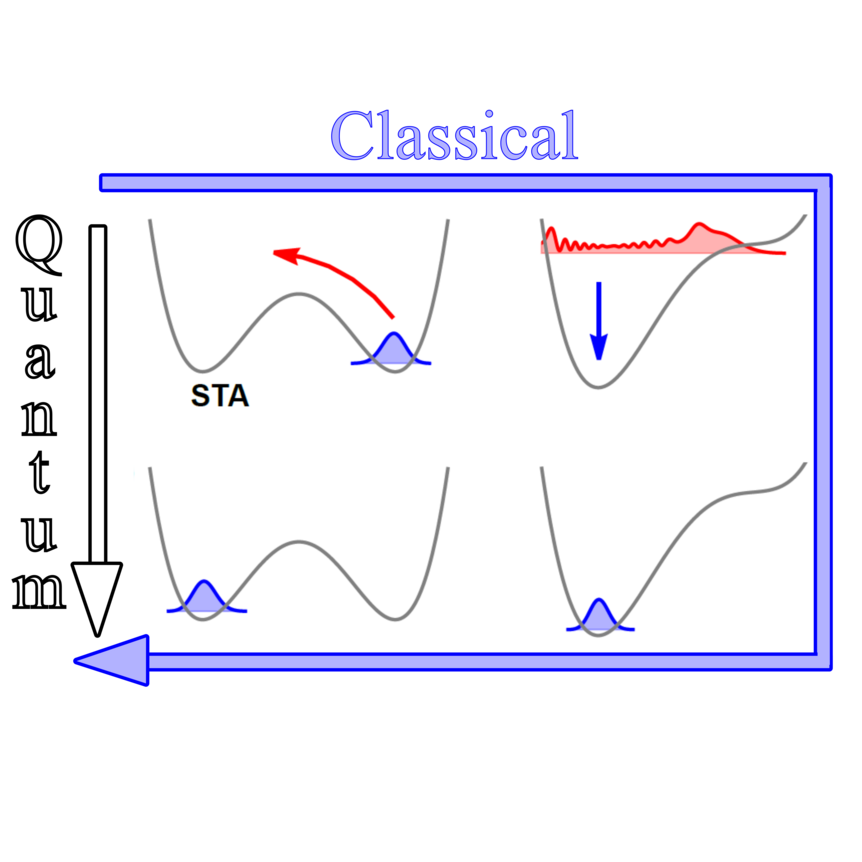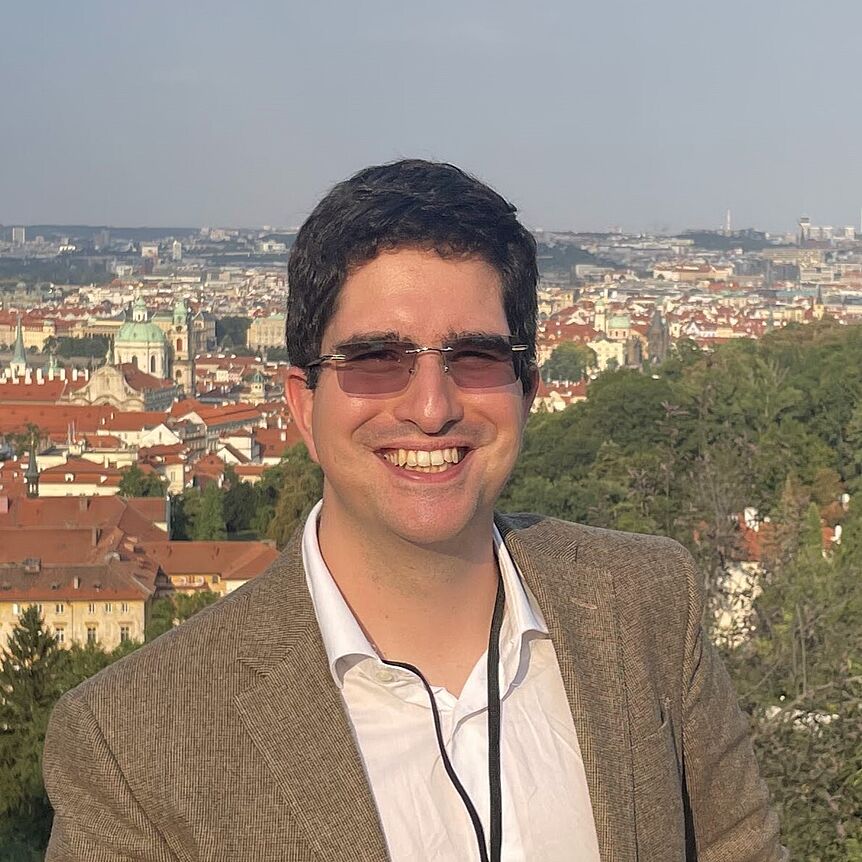About the group
Cavity-Optomechanics provides a unique approach to Stochastic and Quantum Thermodynamics at the single- and few particle level. The thermodynamic perspective on overdamped mechanical systems has been successfully and much more extensively studied than on well-isolated mechanics. We experimentally investigate such underdamped mechanical systems. Amongst others, this provides a natural first step towards the quantum regime. Our focus lies on the application of levitated optomechanics, where all-optical control of the potential landscape seen by a single or few nanoparticles and reservoir engineering of their optical environment are possible. This will provide a general testbed for proof-of-principle implementations to experimentally adress questions at the interface of thermodynamics, information theory and quantum physics.
The experimental group on Far-from-equilibrium Quantum Systems is led by Assoc.-Prof. Dr. Nikolai Kiesel at the Faculty of Physics, University of Vienna. We currently focus on Stochastic and Quantum Thermodynamics with levitated nanospheres and dynamics in nonlinear potentials.
For financial support of our research we acknowledge the FWF (START Y 952-N36), the ESQ, and the European Union via Quant-ERA projects QuaSeRT and TheBlinQC, the FET-Open project IQLev, and a Marie-Curie Postdoctorial fellowship.









